Eclipses and the Lessons of History
Anthony Aveni—
“Celestial source of life and light on earth!
What envious rival intercepts thy rays?
Dares thy own satellite intercepts thy blaze,
Or stay thy stream of empyrean birth?…”
The first four lines of a sonnet “tweeted out” by the sixth president of the United States, John Quincy Adams in the aftermath of being dazzled by the solar eclipse of 1846. Adams lost the 1828 election to the man whose face adorns the U.S. twenty dollar bill; but in his single term of office during the preceding four years, I think he did more for the cause of science than perhaps any other president. A real “America-firster”, he wrote: “Why must we get news of important astronomical discoveries secondhand from the European observatories?” Following up on the metaphor of light, Adams posed the question in an address to the U.S. Congress: “Are we not cutting ourselves off from the means of returning light for light, while we have neither observatory nor observer upon our half of the globe, and the earth revolves in perpetual darkness to our unsearching eyes?”
Adams made good on his promise to strive for intellectual independence from Europe by setting up the first government agency to fund scientific research, and paving the way to the establishment of the Smithsonian Institution.
Thomas Jefferson, the third U.S. President, was no less passionate about American science. He made his own observations of telescopic timings of solar eclipse contact points. After getting clouded out of the 1778 event, Jefferson struck pay dirt when, on September 17, 1811, the moon’s shadow passed directly over Monticello under clear skies. “The most sublime of nature’s works”, he remarked. Then he complained in a letter to Philadelphia astronomer and clock-maker David Rittenhouse about the inaccuracy of American clocks employed in gathering astronomical data, ending with a lament: “I know of no observations made in the state but my own.” As ardent about the exploration of mountains, minerals, plants, and animals, Jefferson exhibited practical motives in the pursuit of knowledge about nature; for example, he sought eclipse timings to calculate longitude. The early republic, which had doubled in size with new lands acquired in the Louisiana Purchase, was in dire need of having the courses of its rivers mapped. Science in the public interest notwithstanding, Jefferson was envious of the “magnificent instruments” housed in astronomical observatories “on the other side of the water” and he welcomed proposals for the advancement of scientific technology on his side of the Atlantic.
On August 21, 2017, the United States will witness the first coast-to-coast total eclipse of the sun in ninety-nine years. Running slightly south of the 1811 track, the moon’s shadow will touch down on Oregon’s central coast and pass through southern Idaho, Nebraska, Missouri, southern Illinois, western Kentucky, and Tennessee, exiting the continent off the South Carolina coast. As many as fifty million people are estimated to make their way to the hundred mile-wide shadow band to witness total darkness in the daytime.
Given the recently proposed U.S. budget cuts in the science sector, maybe our anticipation of the Great American Eclipse and the opportunity to bask in the coronal light will offer an opportunity to reflect on the historical legacy of American science founded by presidential action and use this little lesson in history to take some action ourselves.
Anthony Aveni has appointments in the departments of physics & astronomy and sociology & anthropology at Colgate University. An award-winning author, he has written numerous books, including Empires of Time, Behind the Crystal Ball, and The End of Time.
Further reading:























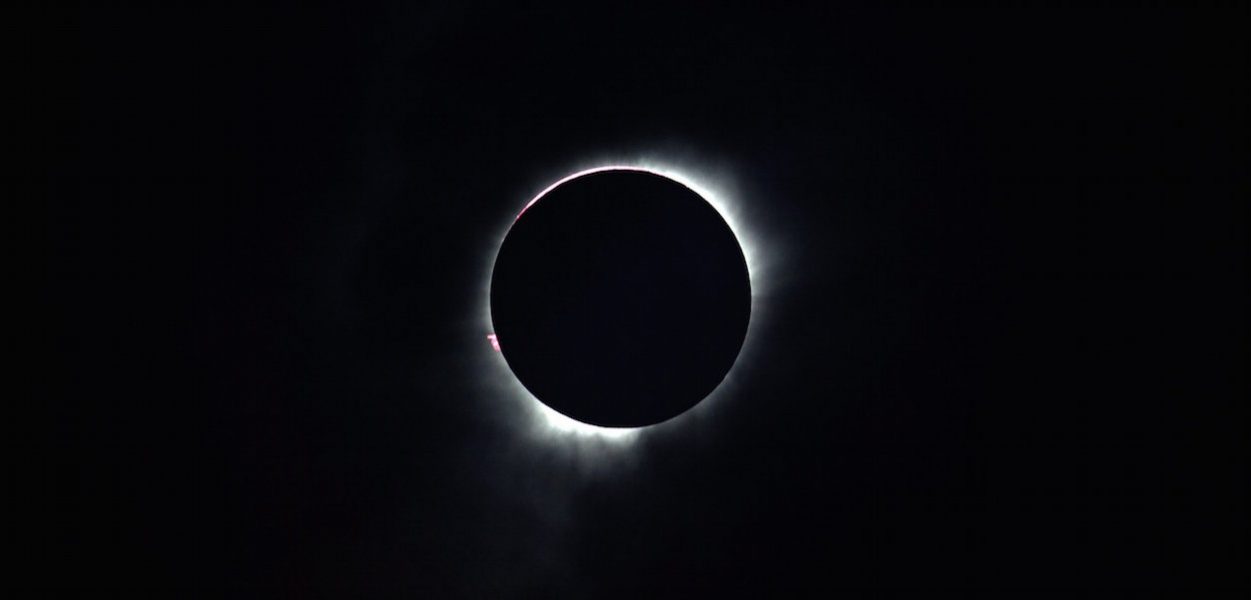
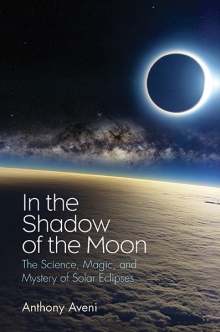
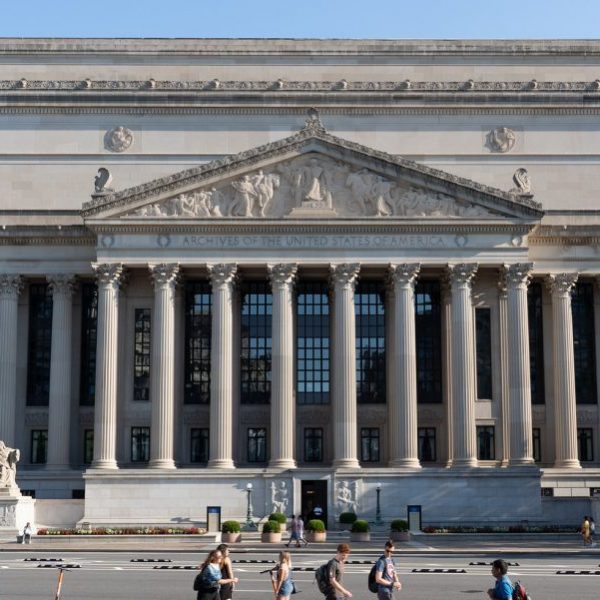
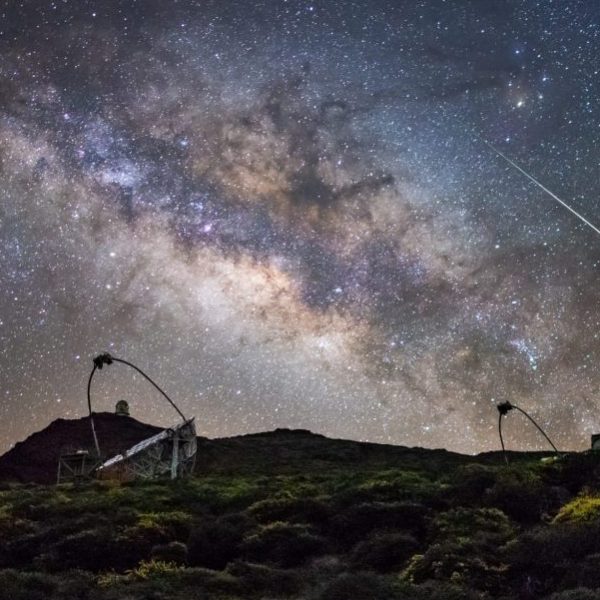
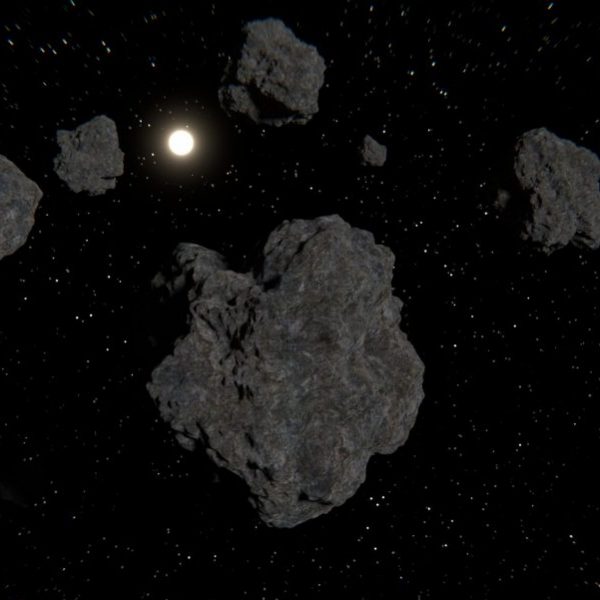
 Space
Space is just pure
is just pure stuning
stuning